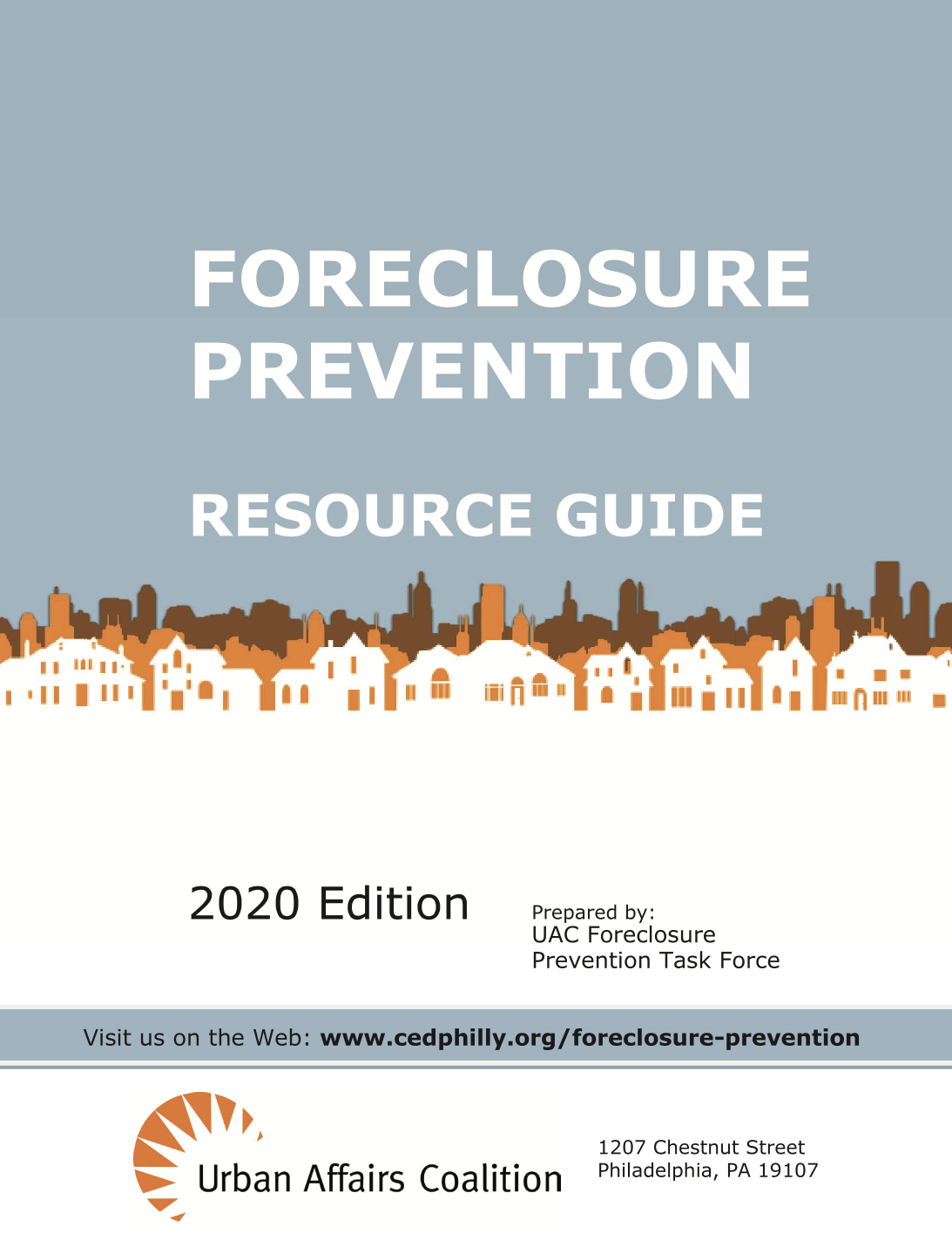STEP 1: UNDERSTAND WHAT YOU CAN AFFORD
Check Your Credit
Get a copy of your credit report a few months before you begin shopping for a loan to ensure its accuracy. Have any mistakes you find corrected.
TIPS: 1. You can get a free copy of your credit report every 12 months. 2. You should get a copy of your credit report a few months before shopping for homes. 3. If there are any inaccuracies in your report, you need to fix them to repair your score.
Understand Your Finances
Get very familiar with your finances – your income, debts, savings, and monthly expenditures – to assess how much you may be able to afford. When looking at your savings, remember to account for the down payment and closing costs.
VIDEO: 3 Main Costs of Homebuying
STEP 2: FIND THE RIGHT HOME
Define Needs Vs Wants
Ask yourself what type of home you want for your lifestyle and budget – single-family, condo or other? Consider where you want to live – City, Suburbs or Country? Location is one of the most important factors to consider when finding the right home.
TOOLS TO GET STARTED
STEP 3: FIND YOUR TEAM
Contact a Housing Counselor
Housing Counselors are important professionals to consider when buying a home. They can help you assess your finances, improve your credit, and ensure that you are well-prepared for homeownership.
Find a Lender
Your lender will play a significant role in your homebuying experience. It’s important that you find someone who is trustworthy and offers competitive terms. If you don’t have a lender, reach out to friends, family and colleagues for references and be sure to call several lenders to get the best rates and terms.
Find a Real Estate Agent
Your real estate agent is your partner in the homebuying process. It’s important to find someone who is experienced and with whom you are comfortable. If you don’t know any real estate agents, reach out to friends, family and colleagues for references.
Engage your Employer
Your employer can be a beneficial member of your homebuying team, and even a resource when it comes to benefits and cost-saving opportunities. In Philadelphia, many employers help with downpayment assistance and closing costs! Check out our Home.Buy.Now Employer-Assisted Housing Program to find out if your employer is already in our network, or to understand the simple steps needed to join.
TOOLS TO GET STARTED
STEP 4: FINANCE YOUR PURCHASE & BEGIN YOUR SEARCH
Get Preapproved
To get pre-approved, you’ll complete your lender’s loan application form, providing them with important information about your credit report, debt, work history, down payment, and residential history. If pre-approved, your lender will provide you with a pre-approval letter outlining how much you are qualified to borrow. Be sure to ask your lender how long this letter will remain valid.
Start House Hunting
Now that you know how much you can afford, it’s time to start your home search with confidence. Your real estate agent will be with you every step of the way. Here are tools to use when shopping for a home.
But Wait; Lets Find More Money!
Before making an offer, exhaust all of your options for additional assistance. These Philadelphia programs can help with downpayment and/or closing costs.
TOOLS TO GET STARTED
DID YOU KNOW: the typical homebuyer searches for 10 weeks and looks at 10 homes before buying?
STEP 5: MAKE AN OFFER
Make Your Offer
Your real estate agent will help you determine an offer price that is fair, based on experience and looking at comparable homes in the neighborhood. Your agent will submit an offer letter to the seller’s agent that will include a deadline for them to respond, typically one to two days.
Negotiate the Offer
The seller may counter your initial offer. Counter offers typically include things like asking for more money or adjusting the date of closing. Your agent will handle the discussions, negotiating on your behalf for the most favorable terms.
Sign The Purchase Agreement
Once you and the seller agree on the purchase price and other terms, all parties will sign the purchase agreement. At this point, you are in a binding contract with the seller.
Secure Funding
You’ll need to provide your lender with a copy of the signed purchase agreement. At this time, you’ll work with your lender to finalize the loan application process to obtain final mortgage approval.
TOOLS TO GET STARTED
CALCULATOR: 15-year or 10-year Term
VIDEO: 3 Steps for Making an Offer
STEP 6: INSPECT AND APPRAISE THE HOME
Conduct a Home Appraisal
Your lender will schedule a professional appraiser to visit the home to determine its value. The value is based on the home’s condition and comparable homes in the neighborhood. The lender will want the appraised value to meet the value of the loan. It’s strongly recommended that you make the home purchase contingent on the appraisal.
Conduct a Home Inspection
Your real estate agent will schedule a home inspection to determine the condition of the structure and report back on any significant repairs that are required or recommended. It’s strongly recommended that you make the home purchase contingent on the home inspection.
TOOLS TO GET STARTED
ARTICLE: Inspecting and Appraising the Home
STEP 7: CLOSING
The Final Step
Once your loan is approved, your lender will schedule the closing – one of the most important parts of the homebuying process. Closing is the final step to homeownership that involves all parties signing final documents and legally transferring the property, and keys, to you.
TOOLS TO GET STARTED
BONUS STEP: MAKE IT YOUR FOREVER HOME
Continue Housing Counseling
Post-purchase education tackles areas such as staying alert on current loans, preparing a household budget and retaining homes. Post-purchase education also covers reverse mortgage, post-purchase budgeting, and home repair.
Participate in Financial Education
Homeownership is one of several means of building wealth, but owning a home takes financial preparation in terms of building up savings and developing creditworthiness.
Participate in CED’s Financial Advancement Network and learn how to budget, manage debt, create an emergency fund and plan for retirement.
Repair Your Home
Is your home in need of repair? The Restore, Repair, Renew program is a new initiative of the City of Philadelphia and Philadelphia Redevelopment Authority (PRA) to help Philadelphia homeowners access low-interest loans to invest in their properties. Lenders participating in the program are offering 10-year, 3% interest loans that range from $2,500 to $24,999 (inclusive of 10% contingency) to eligible homeowners.




